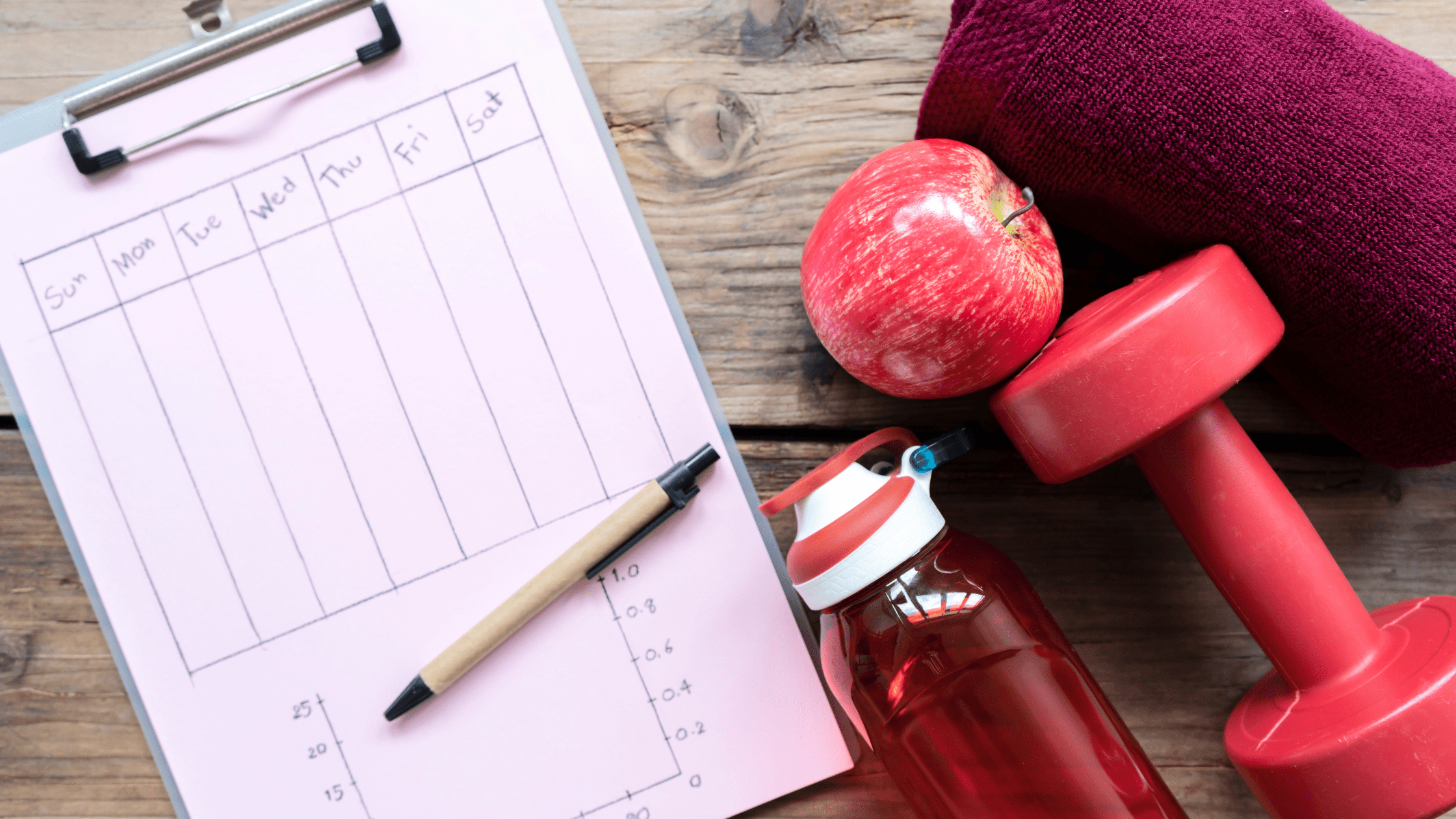Easy ways to improve your fitness, to help with your wellbeing and fertility journey

In the case of both men and women, when you are trying for a baby, whether that is naturally, or through IUI, IVF or ICSI, being fit can also increase your chances of conceiving and lead to a healthier pregnancy and a healthier child. It also prepares you well for the emotional and physical challenges of parenthood.
How can exercise boost fertility?
· It’s a great stress-buster
· It can reduce inflammation and help the testicles to function better
· It can improve sperm quality and increase sperm count
· It can balance hormones and improve insulin
· It can increase blood flow to the reproductive organs
Establishing a healthy exercise routine can also benefit you during pregnancy and can lead to an easier labour.
What type of exercise is recommended for women trying to conceive?
Regular and moderate exercise is key and rigorous exercise should be avoided. Exercise that is too vigorous, can lead to a low BMI, which can impact your hormone levels and stop you from ovulating.
The following types of exercise may be beneficial:
· Walking
· Dancing
· Swimming
· Certain yoga poses (check with your doctor or consultant)
What type of exercise is recommended for men trying to conceive?
As with women, regular and moderate exercise is beneficial, whereas rigorous exercise should be avoided. The testicles are outside of the body, as they need to be kept below body temperature for good sperm quality – it is wise to bear this in mind when exercising.
Your GP or consultant can advise you on what forms of exercise and what intensity, may increase or lessen your chances of conception.
The good news for men is, because new sperm are constantly being created, any positive changes that you make now, could increase your chances of conceiving sooner.
Should exercise be avoided when going through the IVF process?
Once you start a cycle of IVF, the exercise recommendations change. Evidence suggests that at some stages of the process, for example, around the time of egg retrieval and after embryo transfer, exercise should be avoided altogether. It is advisable to talk to your consultant about your own personal exercise habits, so that they can give you more specific advice.
How can what I eat help with my fitness levels?
Healthy eating is great for fitness, as it gives you the energy levels that you need. Vitamin B12, helps to convert food to the energy your body needs.
Eating a diet rich in fruits, vegetables, whole grains, meat, and fish will help you to avoid a B12 vitamin deficiency.
Here are some healthy eating tips:
· Eat a well-balanced, protein-rich breakfast
· Eat regular meals and snacks to help to keep your energy levels stable
· Choose complex carbohydrates, like oats, brown rice and sweet potatoes and limit refined carbohydrates
· Eat protein, which can be found in meat, fish, dairy, nuts and seeds
· Some fats are useful – go for unsaturated fats, found in avocados, nuts, seeds and salmon
· Drink plenty of water
· Check your iron levels
· Avoid too many processed foods
Before making any big changes to your diet or exercise routine, talk to your doctor or fertility consultant.
Here at The IVF Network, we provide a wide range of information related to fertility and pregnancy, to help you to make informed choices on your personal fertility journey. We do this through our dedicated channel of experts, our website and our blog posts.
References
The Relationship Between Exercise and Fertility Carolinas Fertility Institute July 2021
https://carolinasfertilityinstitute.com/the-relationship-between-exercise-and-fertility/
Kilvington, A. May 2021 The Benefits of Exercise for Fertility Exercise.co.uk
https://www.exercise.co.uk/learn/the-benefits-of-exercise-for-fertility/
Raphael, D. RD, CDN Clinical Nutritionist
The Do’s and Don’ts of Eating for Energy HSS June 2021